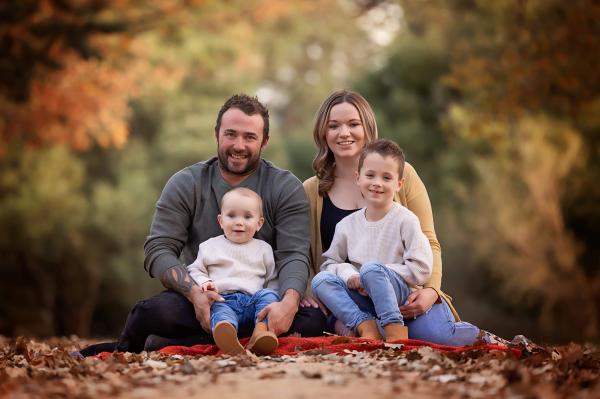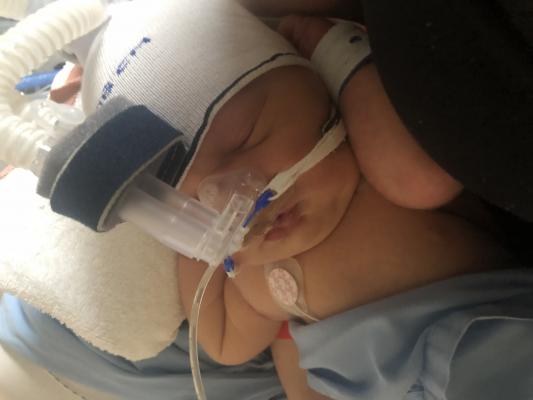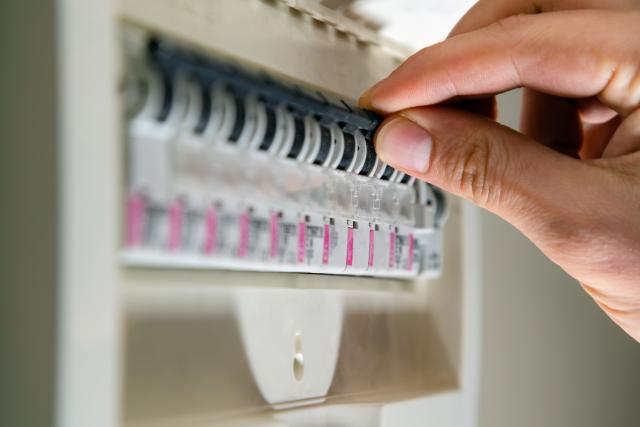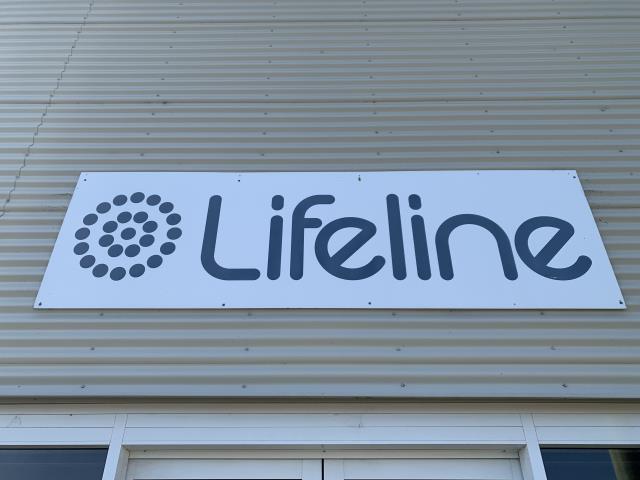Wyatt Yeoman spent his first three weeks of life in hospital, struggling to breathe on his own.
A doctor at the Royal Children’s Hospital diagnosed Wyatt with Primary Ciliary Dyskinesia (PCD), a rare genetic condition that can lead to chronic lung, ear and sinus infections along with other disorders.
As well as medication, PCD sufferers require daily chest physiotherapy and face the risk of recurrent chest infections that require hospital visits.
Wyatt, now two years old and living with his parents and older brother in Melton, is one of about 600 Australians diagnosed with PCD, which mother Viki Yeoman said is so rare that most GPs haven’t been aware of it.
“He was in hospital for about three weeks, they kept him on supported oxygen for a while,” she said.
“He was officially diagnosed at 11 weeks.”
Ms Yeoman said Wyatt is a happy little boy despite requiring about two hours of physio every day and the challenges posed by hearing loss and speech delays.
“He loves to run around, he is two years old now and he rides his little motorbike which terrifies me,” she said.
“He is a complete daredevil, you really wouldn’t know he’s sick.”
Flare ups can also cause seizures, with Wyatt recently hospitalised due to a seizure.
There is also a social stigma around the persistent coughing Ms Yeoman said, particularly during times of Covid.
“You can live a full normal life with it, but you’re coughing a lot,” she said.
“We also have to be so careful with Covid, they reckon if a PCD repson was to get Covid it would kill them.”
There is currently no cure for PCD, with longer term impacts for sufferers including fertility troubles and a limited ability to work full time due to the daily physio requirements.
October is PCD awareness month and people can show support for PCD Australia by raising much needed funds to help improve standards of care in Australia.
Donations can be made through the website or by taking part in the 55km run/walk/ride challenge.
Further details: 55kmriderunwalkforpcdaustralia.raisely.com








